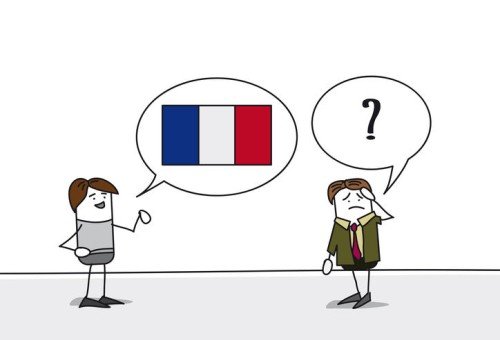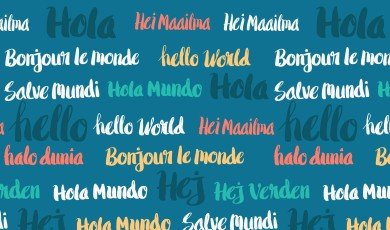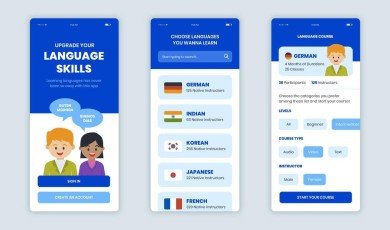
Introduction:
French is a Romance language spoken by approximately 220 million people worldwide. It is the official language of 29 countries and is widely used in international organizations such as the United Nations, the European Union, and the International Olympic Committee. As a result, there is a high demand for French translation services.
Why Translate French Language?
French is spoken in many different parts of the world and is used in a variety of contexts. Businesses that operate in French-speaking countries often need to translate their documents, websites, and marketing materials to reach a wider audience. Translating into French is also important for companies that want to establish themselves in francophone markets. Additionally, government agencies, non-profit organizations, and individuals may need to translate documents such as legal contracts, academic transcripts, and personal correspondence.Translating French language is important for several reasons. First, French is spoken in many different parts of the world and is used in a variety of contexts, so translating documents and materials into French can help businesses and individuals reach a wider audience. Second, French is an official language in many international organizations, such as the United Nations and the European Union, so translating into French can be necessary for participation in these organizations. Third, translating into French is important for companies that want to establish themselves in francophone markets. Finally, individuals may need to translate personal documents, such as legal contracts or academic transcripts, into French for a variety of reasons, including immigration or education purposes.
Challenges in French Translation:
French is a complex language with many nuances and subtleties that can be difficult to translate accurately. For example, French has a complex verb tense system that includes several subjunctive forms, which can be challenging to translate into English. Additionally, French has many idiomatic expressions and cultural references that can be difficult to render in another language.
Another challenge in French translation is the fact that French is spoken in many different countries, each with their own dialects and regional variations. This means that a translation may need to be adapted to the specific audience or locale.
There are several challenges in French translation that can make it a difficult task. One of the main challenges is the complexity of the French language itself. French has a complex grammar system, including multiple verb tenses and moods, which can be difficult to translate accurately. Additionally, French has many idiomatic expressions and cultural references that can be challenging to render in another language.
Another challenge is the regional variations of French spoken in different countries, which can vary in vocabulary, grammar, and pronunciation. This means that a translation may need to be adapted to the specific audience or locale.
Furthermore, some words or expressions in French do not have an exact equivalent in other languages. In such cases, the translator must carefully consider the context and intent of the original text to choose the best translation option.
Finally, technology and translation software can be helpful tools, but they also have limitations. They cannot always capture the nuances of language and the intended meaning of the text, which is why human translators are essential for ensuring accuracy and context in French translation.
Tools for French Translation:
There are many tools available to assist with French translation, including translation software, online dictionaries, and translation memory software. However, it is important to remember that these tools are not foolproof and should be used in conjunction with human translators who can provide context and ensure accuracy.
There are several tools available for French translation that can help improve efficiency and accuracy. Some of the most common tools include:
-
Translation software: There are many software programs available that can help translate French into other languages, such as Google Translate, DeepL, and SDL Trados. However, these tools may not always provide the most accurate translation, especially for complex or idiomatic expressions.
-
Online dictionaries: Online dictionaries can be a helpful resource for translating individual words or phrases. Some popular French dictionaries include WordReference, Linguee, and Collins.
-
Translation memory software: Translation memory software, such as MemoQ or Wordfast, can be helpful for maintaining consistency and efficiency in translating large volumes of text. These tools allow translators to store and reuse previously translated segments, reducing the time and effort required for translation.
-
Human translators: Despite the advancements in technology, human translators remain the most reliable and accurate option for translating French. A skilled translator can understand the nuances of the language and culture and provide a translation that accurately conveys the original meaning of the text.
In conclusion, while technology can be helpful, human translators are still essential for ensuring the accuracy and quality of French translations.
Conclusion:
Translating French is an important task that requires careful consideration of the language's nuances and regional variations. With the right tools and expertise, businesses and individuals can successfully translate their documents and reach a wider audience.








